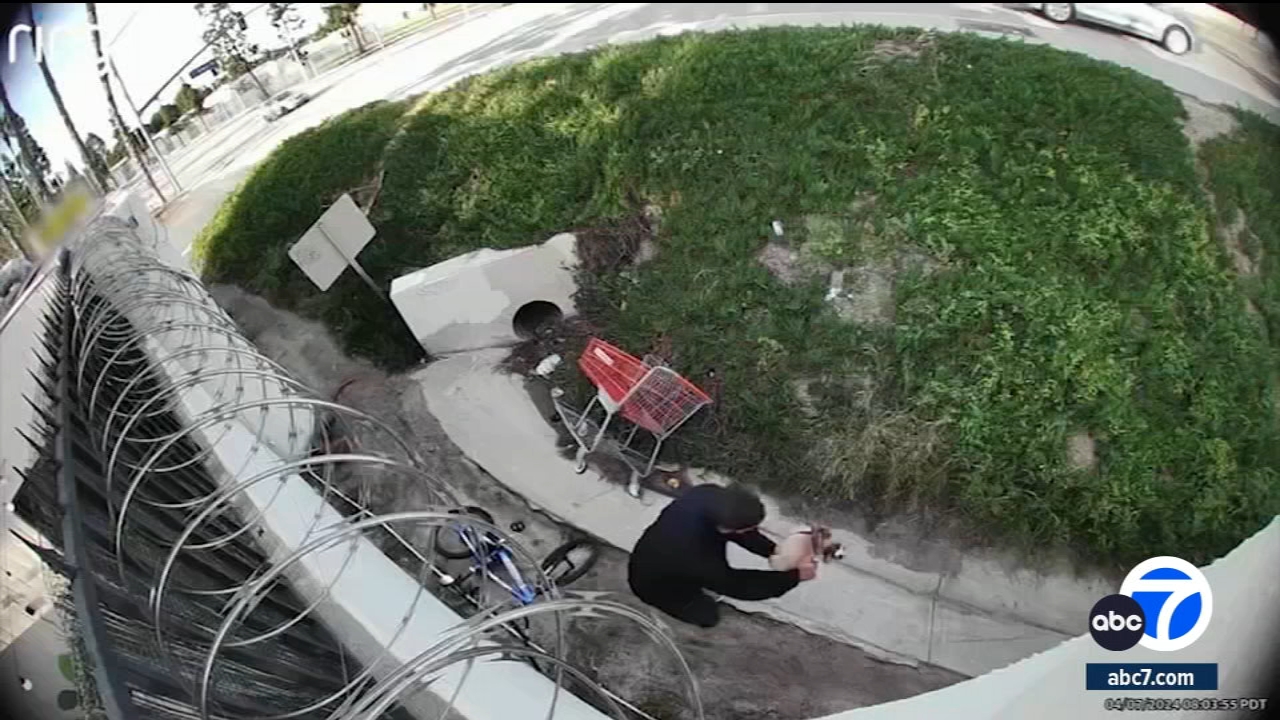USC focusing on prevention as they test new Alzheimer's disease vaccine

LOS ANGELES (KABC) -- By focusing on prevention, USC researchers are taking a different approach to stopping a disease that affects 47 million people. The idea is to prevent Alzheimer's disease 10 years before signs show up.
Art is more than brush strokes. Santa Monica resident Susan Price said she has memorized every essential step in painting, but wonders if it'll always come this naturally.
"I might not remember the sequences of the processes it takes," said Price.
Her comment is understandable, given her family history.
She said, "My mother spent many of her later years worried that she was getting Alzheimer's."
Her mother did get Alzheimer's and so did her grandmother. The disease hit both of her relatives in their mid-70s. For that reason, she participates in Alzheimer's disease research.
"If we can get to it ahead, maybe with a vaccine or something, we can change this picture," Price added.
Dr. Lon Schneider at the Keck School of Medicine of USC is investigating whether a vaccine or pill could eliminate a protein crucial in the formation of brain plaque. The vaccine would contain a version of amyloid beta.
"That stimulates our own production of the antibody that then clears amyloid," said Schneider.
USC is one of many sites testing the vaccine and oral medication to prevent amyloid beta, but Schneider said much of the Alzheimer's research going on at USC does not involve drugs.
"There's a substantial amount that we can do, especially in mid-life, to lower our risk for Alzheimer's, cognitive decline or dementia late in life," he said.
That includes exercise, eating healthier, managing chronic disease and brain-challenging activities.
Price started painting when she retired.
"The concept is use it or lose it. Use your heart, use your mind and learn new things," she said.
Price hopes to stave off Alzheimer's for as long as possible, and if research on new therapies won't be able to help her, she's happy knowing it will help others.
To find out more about the Generation Study at USC, contact:
Nadine Diaz, MSW
Keck School of Medicine of USC
Nadine.Diaz@med.usc.edu (323) 442-7600









